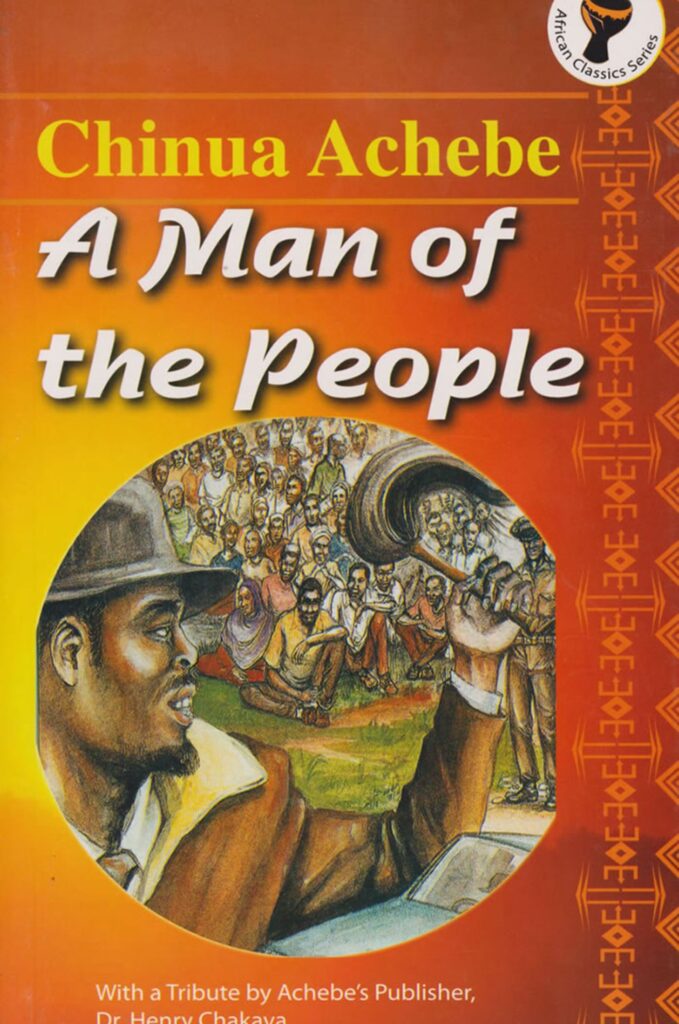‘It is only when you are close to a man that you can catch his breath’
This is one of many sayings quoted by the first-person character, Odili Samalu, whom the author chronologizes his conflicts and trials. Published in 1996, Chinua Achebe exploits and traverses the post-independence era in West Africa. The then governance structure adopted an interesting mix of traditional and colonial aspects. Those in the cabinet, for instance, retained their traditional titles of chiefs while simultaneously being referred to as Ministers. This is depicted when we meet the Ministers for Culture and Overseas Training, Chief Nanga and Chief Koko respectively.
Odili comes to light as a young teacher from Anata Grammar School. In a social event there, he meets Chief Nanga who at one point in his teaching career was his grade 3 teacher. They become acquainted once again and upon Chief Nanga’s liking to Odili, he invites him to his household in the capital city, Bori, to facilitate Odili’s pursuit of a scholarship to further his studies.
Odili’s visit to Bori triggers a series of events that ultimately affect his relationship with the host. Miscommunication coupled with uncontrollable sexual desires and jealously leads Odili to pursue a personal vendetta against Chief Nanga. The emotional furnace consuming Odili pushes him to confront the minister’s first wife in an attempt to expose her husband, dissuade the minister’s second wife-to-be and unseat the minister as a member of parliament in the upcoming elections. Unfortunately, Odili realizes the firm grip the minister has not only on his family but also on his constituents. His actions and beliefs put him at crossroads with his father, friends, employer and crush. In the end, although Odili did not manage to get everything he desperately needed to settle scores with the minister, he was fortunate to walk out alive and in love. On the flip side, a military coup d’état was the catalyst that sank Chief Nanga’s influence and affluence.
Contextualizing the author, Achebe prompts the readers to understand the fact that a corrupt government can only remain in power if its citizens remain complacent. If the citizenry comes forth as strong in what it believes in, corruption and abuse of power would not have taken heed and equality and poverty eradication would be advocated. The articulation of the book is a mixture of English and pidgin, however, the reader can get the gist of the conversation without understanding every pidgin word. It is a humorous, satirical, metaphorical and intense chronicle, exciting a reader through to its end. The proverbs and sayings are highlight-worthy and the irony of the book’s name noteworthy. It is also a relatable outline of the political environment in Kenya and many other African countries.



